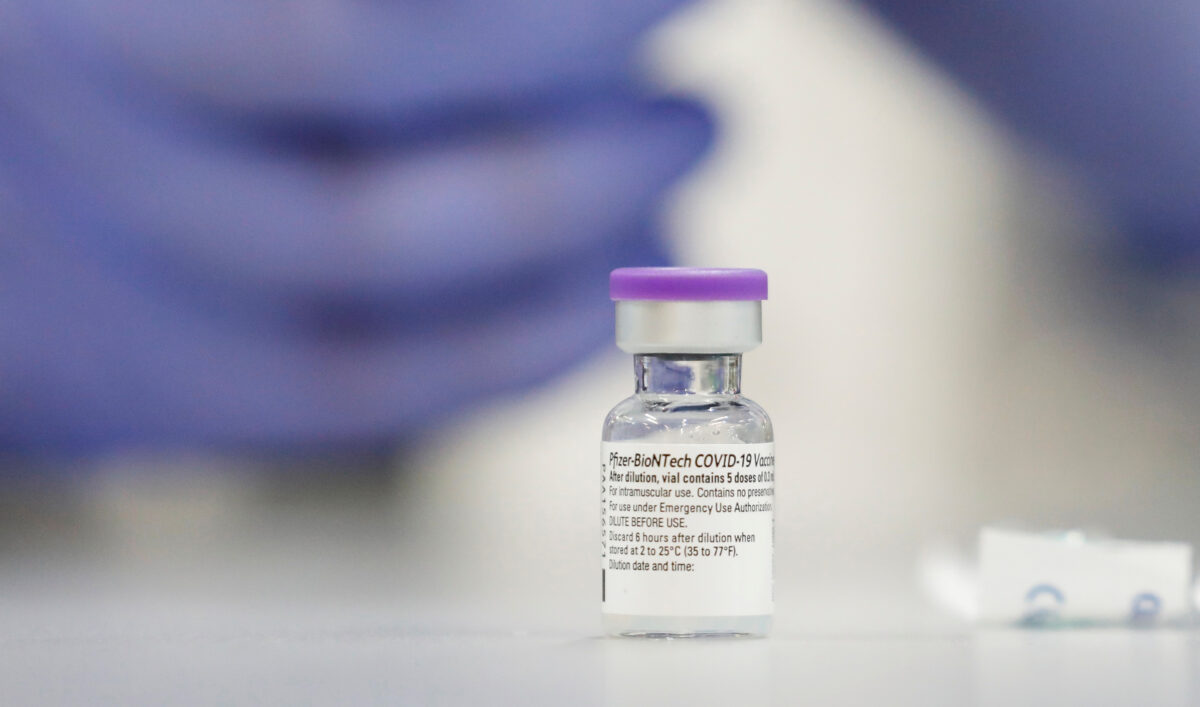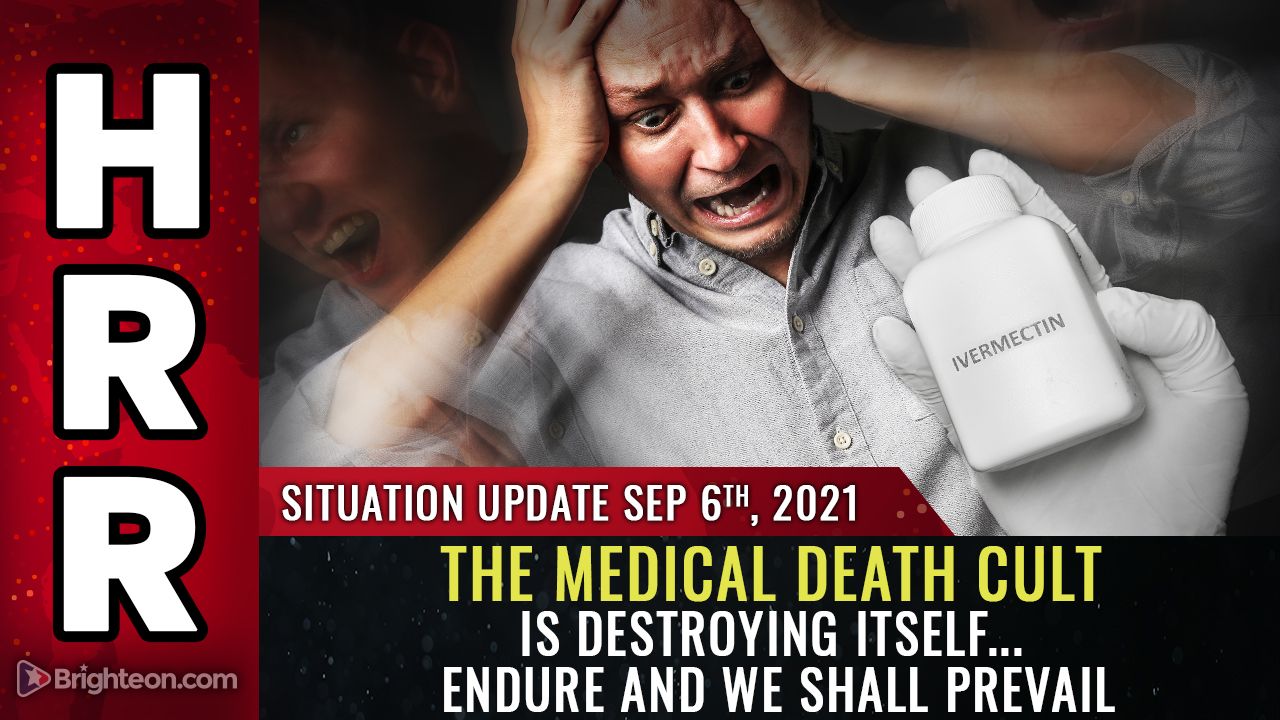Majority of Hospitalized COVID-19 Patients at Hospital in Israel Are Fully Vaccinated: Doctor
By Meiling Lee
August 7, 2021 Updated: August 10, 2021
biggersmaller
Print
An Israeli doctor says that the majority of COVID-19 patients hospitalized at his hospital are fully vaccinated and those with severe illness have also been vaccinated.
Talking with Channel 13 TV News on Aug. 5, Dr. Kobi Haviv, medical director of Herzog Hospital in Jerusalem
said that “85 to 90 percent of the hospitalizations are in fully vaccinated people,” and “95 percent of the severe patients are vaccinated.” Herzog Hospital specializes in nursing care for the elderly.
Haviv said the rising cases of vaccinated people getting COVID-19, a disease caused by the
CCP (Chinese Communist Party) virus is because “the effectiveness of the vaccine is waning.”
Data from the Israeli Minister of Health in July suggested that the effectiveness of the
Pfizer vaccine in preventing infection and symptomatic illness had dropped from 90 percent to only 39 percent and 41 percent, respectively. However, the levels of protection against severe illness (88 percent) and hospitalization (91.4 percent) remained high.
The Pfizer vaccine has been the only
COVID-19 vaccine available for Israelis since it was authorized for use in December 2020. However, the government announced last month that the Moderna vaccine would be offered in August to certain people while the Pfizer vaccine would be reserved for those under 18 years.
“Pfizer and BioNTech are driven by science to discover the best approaches to protect against COVID-19 and are confident in the protection and safety of the two-dose BNT162b2 COVID-19 vaccine,” Pfizer told The Epoch Times via email. “The vaccine continues to be highly efficacious in preventing COVID-19, including variants and to date, no variant, including Delta, appears to have escaped the protection of the vaccine.”
The vaccine manufacturer said it expects to “publish more definitive data about the analysis [for a third vaccine dose] and all accumulated data will be shared” in the coming weeks.
As of Friday, 5,392,509 million of the more than 9 million people have received a second dose of a messenger RNA vaccine, and 349,707 people have gotten their third booster shot, according to
figures from the Health Ministry. The country recorded more than 3,000 positive COVID-19 cases, 261 with severe illness, and six deaths as of Aug. 4.
People are considered fully vaccinated two weeks after their second messenger RNA vaccine.

A vial of the Pfizer vaccine against the coronavirus disease is seen as medical staff are vaccinated at Sheba Medical Center in Ramat Gan, Israel, on Dec. 19, 2020. (Amir Cohen/Reuters)
Israel was one of the first countries to roll out a mass vaccination program in December 2020, and within three months, at least 50 percent of its population had been inoculated with a messenger RNA vaccine, making the country a world leader in vaccinating against the CCP virus.
But in the past six weeks, the country has seen a continuous rise in the number of COVID-19 cases and hospitalizations due to the Delta variant that was first identified in India.
The Delta variant has become the dominant variant spreading across Israel, accounting for over 90 percent of the COVID-19 cases that have been sequenced. Scientists say it is more transmissible and may become more infectious, but whether it causes more severe disease, hospitalization, and deaths is still unknown.
According to Prof. Ran Balicer, a public health physician and chair of Israel’s COVID-19 National Experts Team,
breakthrough cases were seen at a higher rate than was expected with the Delta variant.
“We saw more breakthrough cases than we expected. So we didn’t see just illness among the unvaccinated … what we’ve seen was more and more cases among the vaccinated as well.”
Despite the rise in COVID-19 cases and hospitalizations, experts say it is lower than earlier waves and the fatality rates have remained low.
Yet, the government has implemented new restrictions this week that include a certain percentage of government employees working remotely and limiting gatherings to people who can show proof of vaccination, recovery from a prior infection, or a COVID-19 test.
“We have now introduced a set of measures, for instance, the green passport that has been policy, that means that a person that is unvaccinated cannot enter a confined setting where people are spending time without either proof of vaccination or proof that he had contracted COVID before and recovered, or that he had performed a test in the recent few days to show that he’s not infective. Without that he cannot enter the premises. That policy, yesterday, has now been put into action in every facility that accepts people indoors,” Balicer said in an interview with
Haaretz News on Aug. 5.
In addition, people are required to wear masks indoors in public places as well as at outdoor events with over 100 people. The Israeli government will also be rolling out an anti-hugging and anti-kissing campaign as part of its strategy to curb the rising COVID-19 cases.





